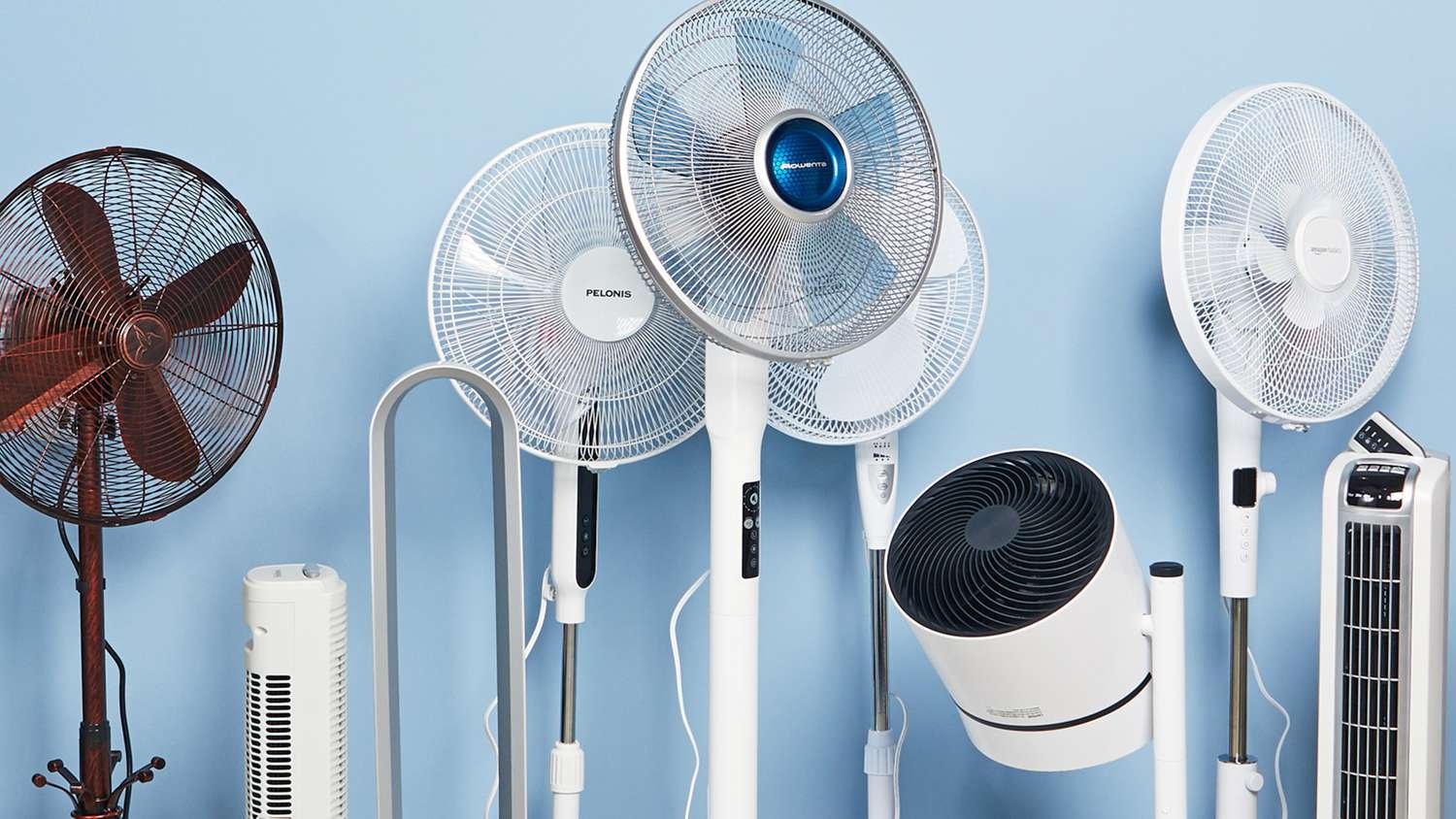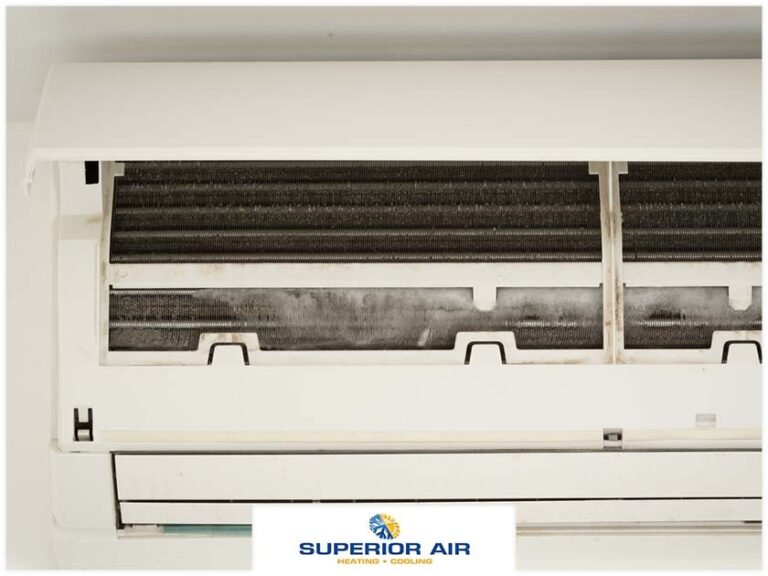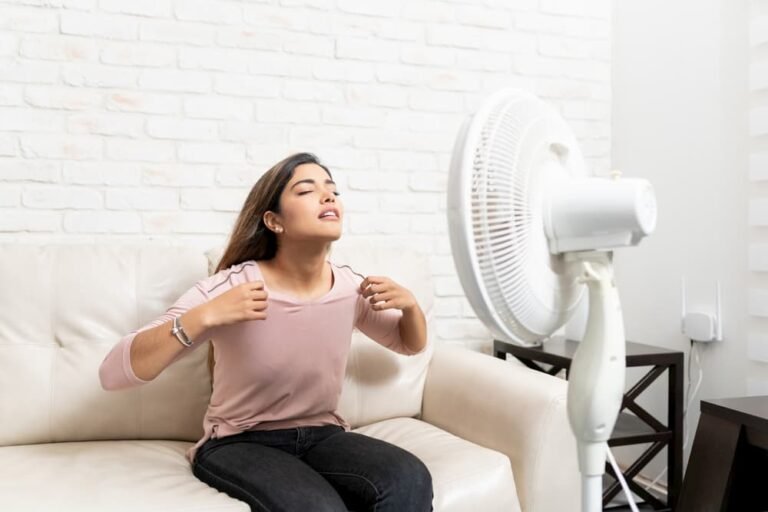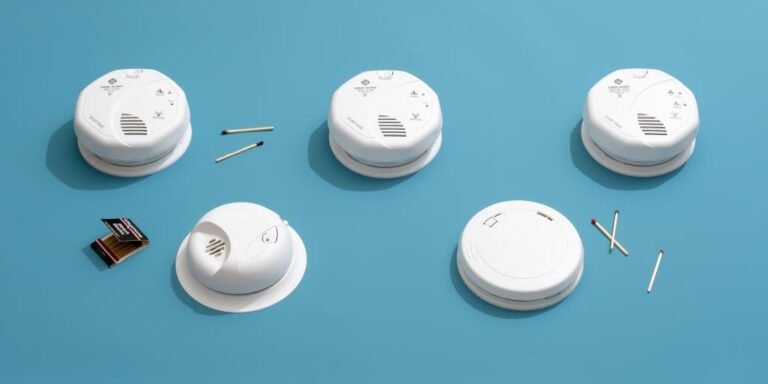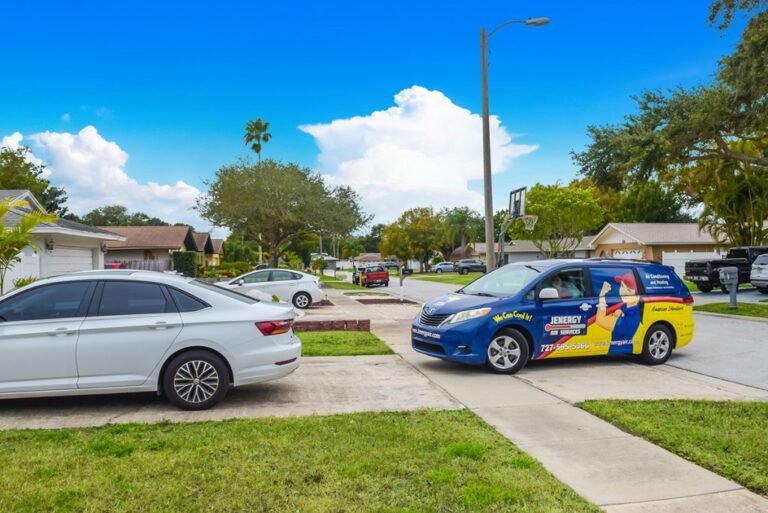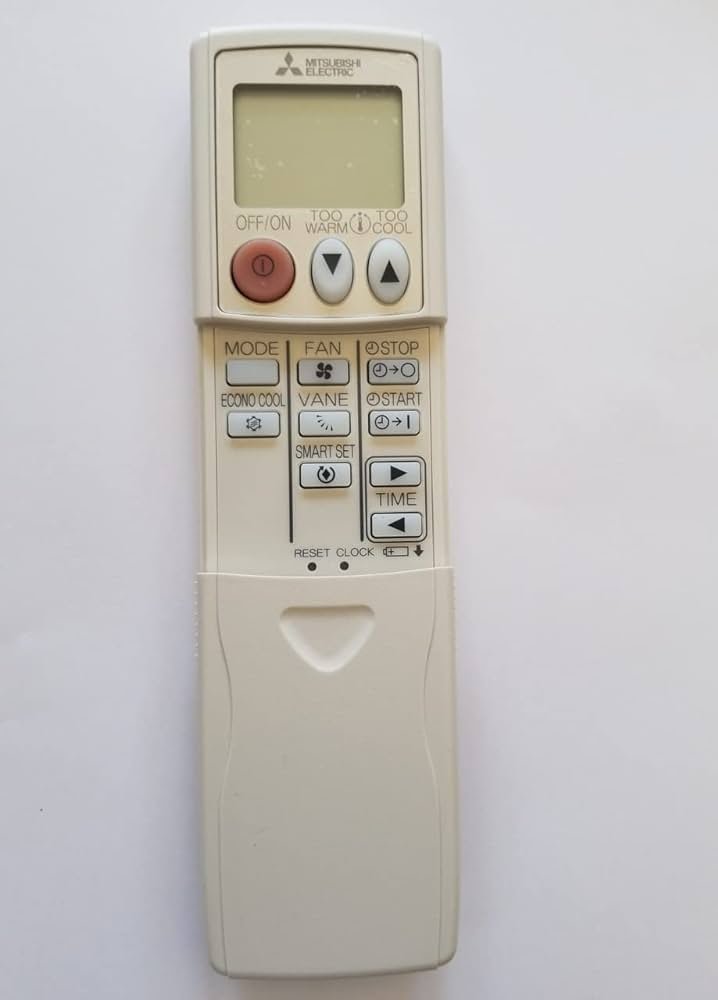Why is My Air Conditioning Not Cold? 5 Proven Solutions to Beat the Heat
There could be several reasons for your air conditioning not blowing cold air. Possible causes include low refrigerant levels, a malfunctioning compressor, or a clogged air filter.
1. Diagnosing The Problem
Is your air conditioning not providing cool air as it should? Don’t worry, we’re here to help you diagnose the problem and find a solution. There are several signs that can indicate your air conditioning is not cooling properly. You may notice warm air coming out of the vents, weak airflow, or inconsistent cooling throughout your space.
There could be several common reasons for your air conditioning not cooling. It could be due to a refrigerant leak, a faulty compressor, dirty air filters, or a malfunctioning thermostat. It’s important to identify the problem accurately as this will determine the appropriate solution.
By pinpointing the problem, you can save time and money by addressing it correctly. Whether you need to call a professional or perform basic maintenance tasks yourself, understanding the cause will lead to effective troubleshooting. Remember, regular maintenance can prevent many cooling issues, so don’t neglect your air conditioning system.
2. Solution 1: Check For Air Flow Obstructions
Are you wondering why your air conditioning is not cold? One possible reason could be air flow obstructions in the system. Regular filter cleaning or replacement is essential to ensure proper air flow. Over time, dust and debris can accumulate in the filters, hindering the flow of cool air. It’s important to clean or replace the filters at least once every three months. Another tip for ensuring proper air flow is to check for any blockages in the air vents. Sometimes, objects or furniture placed near the vents can obstruct the airflow, resulting in less cooling. By keeping the vents clear and unobstructed, you can improve the efficiency of your air conditioning system.
3. Solution 2: Assess And Adjust Thermostat Settings
One possible reason for your air conditioning not producing cold air may be incorrect thermostat settings. It is important to check for common thermostat settings mistakes to ensure optimal cooling. Firstly, make sure you have set the correct temperature and operating mode on your thermostat. Setting the temperature too high or selecting the wrong mode can prevent your AC from cooling properly. Adjusting the temperature to a comfortable level and selecting the appropriate cooling mode, such as “cool” or “auto,” can resolve this issue.
To efficiently use your thermostat, there are a few tips to keep in mind. Avoid constantly adjusting the temperature, as it can cause your AC to work harder and lead to inconsistent cooling. Instead, choose a comfortable temperature and leave it at a consistent setting. Additionally, consider using programmable thermostats to schedule temperature changes based on your daily routine, allowing your AC to conserve energy when you’re not at home or during nighttime hours.
Common thermostat settings mistakes:
- Setting the temperature too high
- Selecting the wrong mode
Correct temperature and mode settings for optimal cooling:
- Set the temperature to a comfortable level
- Select the appropriate cooling mode, such as “cool” or “auto”
Tips for efficient thermostat usage:
- Avoid constantly adjusting the temperature
- Choose a consistent temperature setting
- Consider using programmable thermostats
4. Solution 3: Maintenance And Cleaning
Regular maintenance and cleaning for your air conditioning unit is essential to ensure it operates efficiently and keeps your space comfortably cool. Neglecting maintenance can result in reduced cooling performance and even potential system breakdowns.
To maintain your air conditioning unit, you need to clean various parts of the system regularly. For the outdoor condenser, remove any debris such as leaves or branches and clean the fins with a soft bristle brush or vacuum. Inside the unit, clean or replace the air filters as recommended by the manufacturer.
For the indoor evaporator coil, use a soft cloth or brush to remove dust and dirt. Clean the drain pan and check the condensate drain for any blockages. Additionally, it’s important to clean the blower assembly, motor, and fan to ensure smooth operation.
While you can perform basic maintenance yourself, professional maintenance and cleaning services are also available. These services often include a thorough inspection and cleaning of all system components, optimizing performance and extending the lifespan of your air conditioning unit.
5. Solution 4: Refrigerant Levels And Leakage
When your air conditioning is not producing cold air, one possible solution is to check the refrigerant levels and look for any leakage. The refrigerant plays a crucial role in cooling the air by absorbing heat from the indoor environment and transferring it outside. Signs of low refrigerant levels may include reduced cooling, a longer time to cool the room, or even warm air blowing from the vents. To determine if there is a refrigerant leakage, you can visually inspect the refrigerant lines for any visible signs of oil or refrigerant. If leakage is confirmed, it is important to contact a professional technician to fix the issue and recharge the refrigerant if necessary. Regularly checking and maintaining proper refrigerant levels is essential to ensure the optimal performance of your air conditioning system.
6. Solution 5: Seeking Professional Assistance
Solution 5: Seeking Professional Assistance
Knowing when to call a professional for air conditioning repairs can save you time, money, and frustration. While some issues can be resolved on your own, it’s important to recognize situations where expert help is necessary.
When in doubt, ask yourself a few important questions to determine if professional assistance is needed:
| Questions to ask a professional technician: |
|---|
| 1. Is the problem beyond my expertise? |
| 2. Have I tried all possible DIY solutions? |
| 3. Am I experiencing recurrent issues? |
| 4. Is the air conditioning unit still under warranty? |
By consulting a professional technician, you can ensure accurate diagnosis and efficient repairs. It’s crucial to choose a reliable service provider with experience and positive customer feedback. Hiring the right professional will not only solve your air conditioning troubles but also contribute to the longevity and performance of your system.

Credit: www.amazon.com
Frequently Asked Questions For Why Is My Air Conditioning Not Cold
What Are The Common Reasons Why My Air Conditioning Is Not Cold?
There are several common reasons why your air conditioning may not be cooling properly. It could be due to a dirty air filter, low refrigerant levels, a malfunctioning compressor, or a faulty thermostat. It’s best to have a professional HVAC technician diagnose and fix the issue for optimal cooling performance.
How Can A Dirty Air Filter Affect The Cooling Of My Air Conditioning?
A dirty air filter can restrict the air flow in your air conditioning system, reducing its cooling efficiency. When the air filter is clogged with dirt and debris, it can cause the evaporator coils to freeze up and hinder the cooling process.
Regularly cleaning or replacing the air filter can help optimize cooling performance.
Why Is Low Refrigerant Level A Problem For My Air Conditioning?
Low refrigerant levels can negatively impact your air conditioning’s cooling ability. Refrigerant is responsible for absorbing and releasing heat, so when the levels are low, the system won’t be able to cool the air effectively. A refrigerant leak is a common cause of low levels and should be addressed by a professional HVAC technician.
Conclusion
If you find that your air conditioning is not providing cool air, there are several common reasons to consider. These issues could range from a simple clogged air filter to a more complex refrigerant leak. It’s important to address the problem promptly to ensure your comfort and prevent further damage to the system.
By understanding these potential causes, you can take appropriate action and seek professional help if needed. Remember to regularly maintain your AC to avoid future problems.

